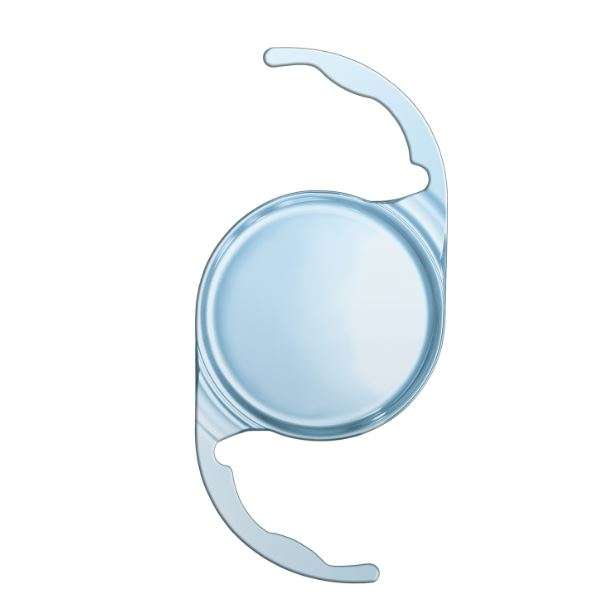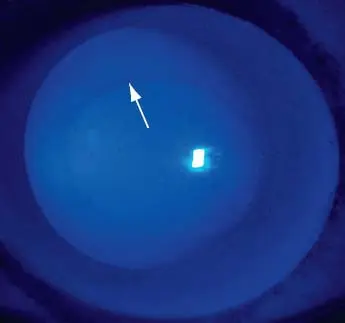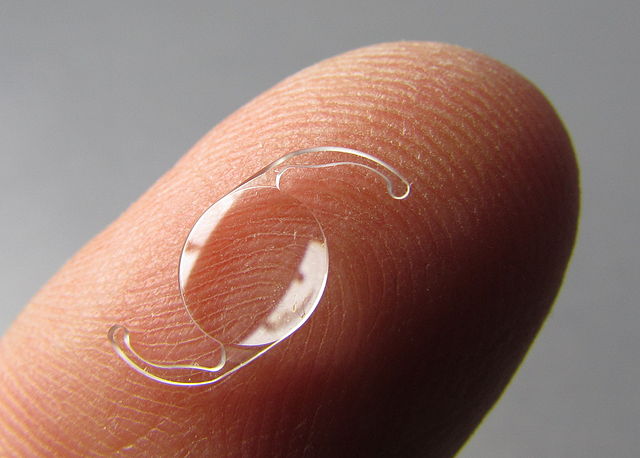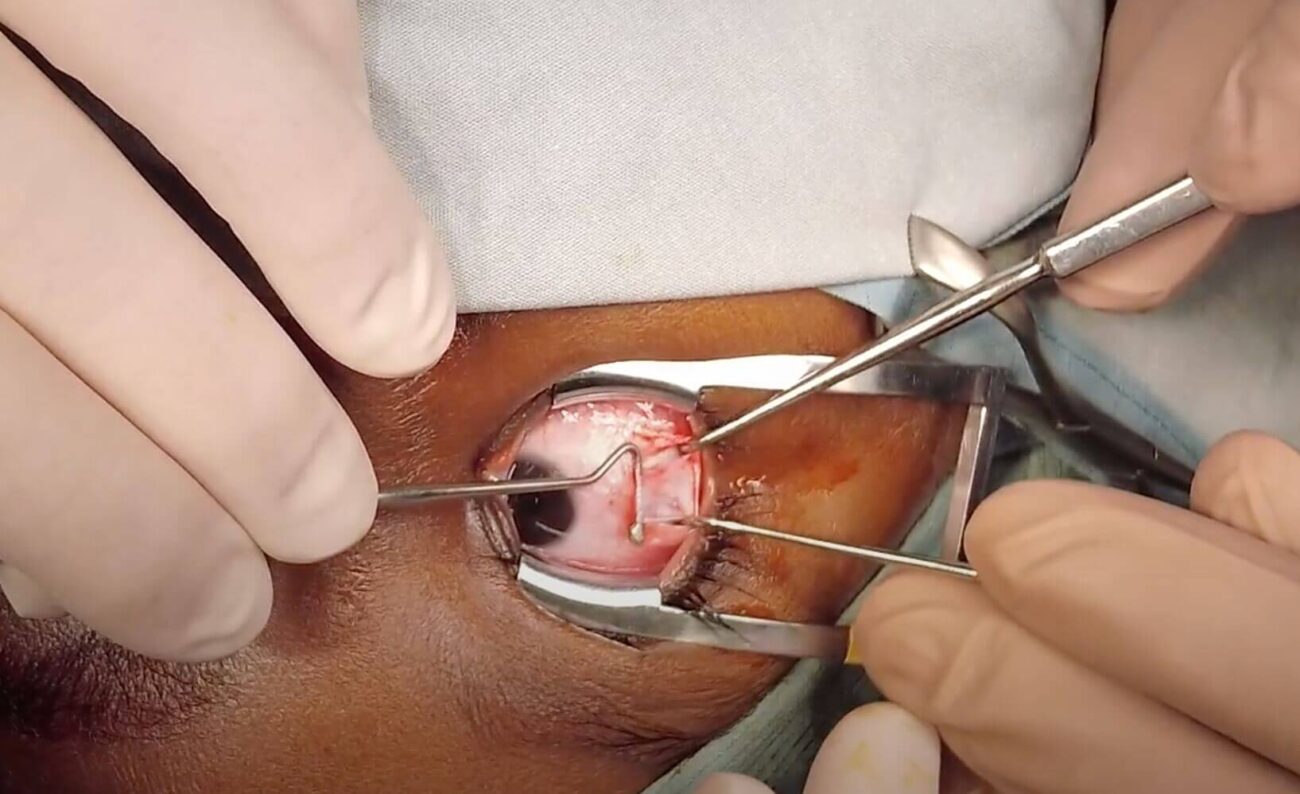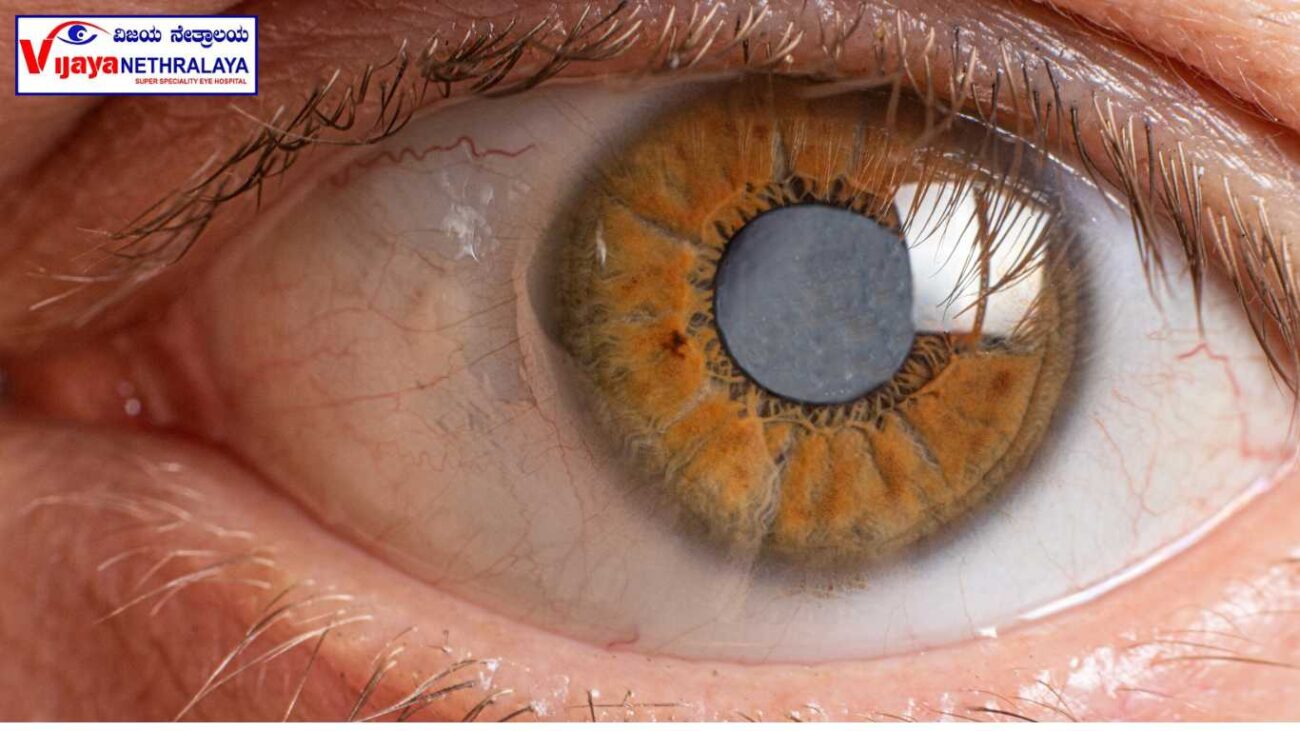Introduction:
When it comes to vision correction, laser eye surgery has become a popular option for individuals seeking freedom from glasses or contact lenses. With several types of laser eye surgery available, it can be challenging to determine which one is the best choice for you. This article aims to provide a comprehensive guide to help you understand the different types of laser eye surgery and make an informed decision based on your specific needs.
The Importance of Clear Vision:
Having clear vision plays a crucial role in our daily lives. It allows us to enjoy various activities and enhances our overall quality of life. However, vision problems like nearsightedness, farsightedness, and astigmatism can hinder our ability to see clearly. Fortunately, laser eye surgery offers a solution to these vision issues, potentially reducing or eliminating the need for corrective eyewear.
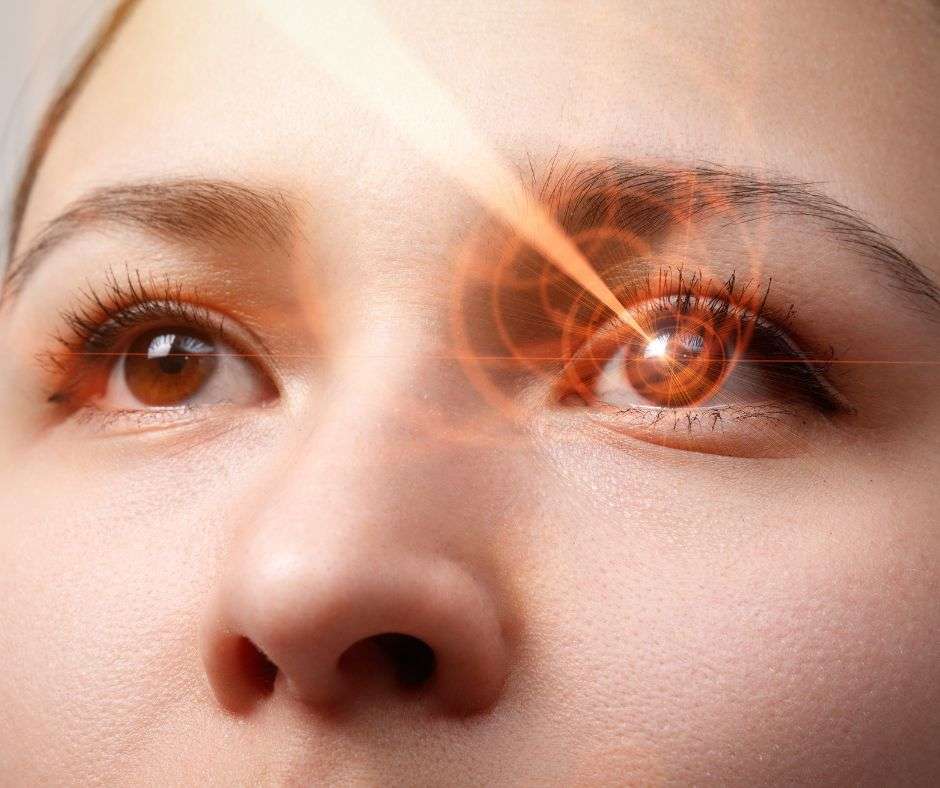
Understanding Laser Eye Surgery:
Its also known as refractive surgery, is a procedure that reshapes the cornea to correct vision problems. By using a highly precise laser, the surgeon can remove tissue from the cornea, changing its shape and allowing light to properly focus on the retina. This improves vision and reduces or eliminates the need for glasses or contact lenses.
Types of Laser Eye Surgery:
There are several types of laser eye surgeries available today. Let’s explore some of the most common options:
1. LASIK (Laser-Assisted in Situ Keratomileusis):
LASIK is one of the most popular and widely performed laser eye surgeries. It involves creating a thin flap on the cornea’s surface using either a microkeratome blade or a femtosecond laser. The flap is then lifted, and the underlying corneal tissue is reshaped using an excimer laser. Finally, the flap is repositioned, allowing it to heal naturally.
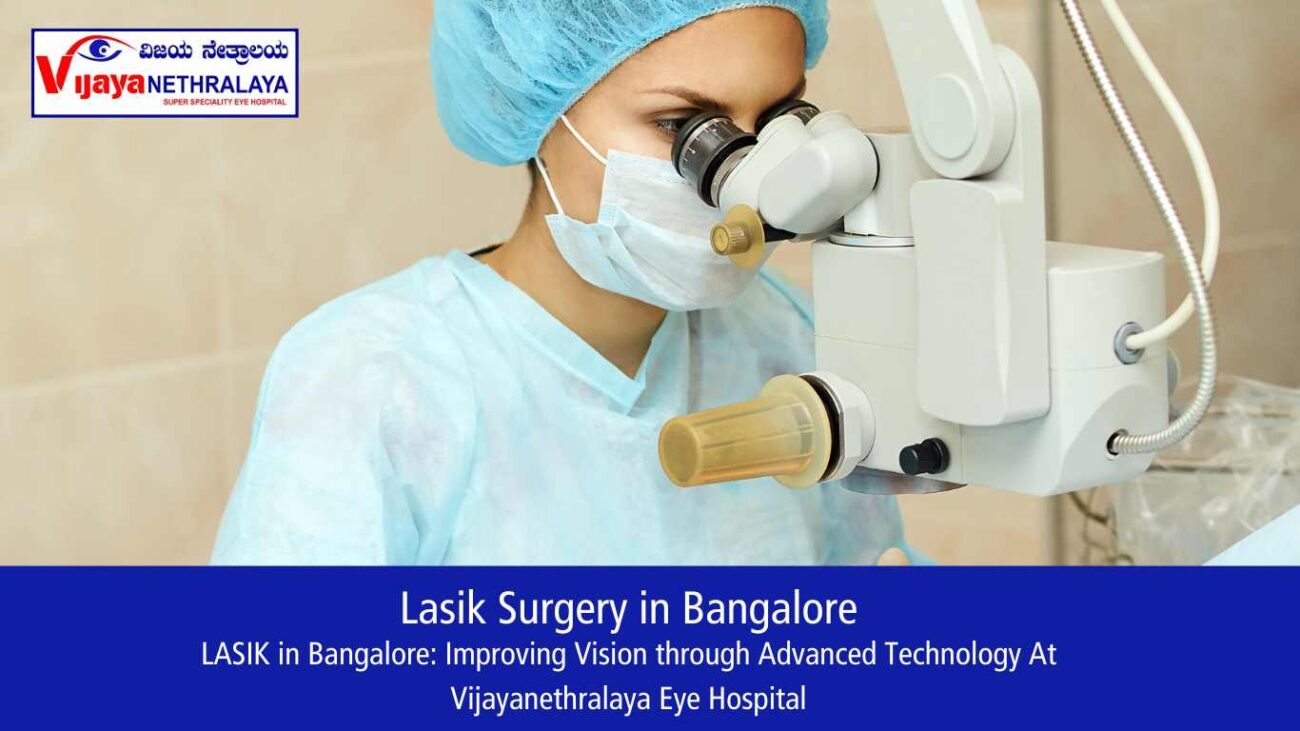
LASIK is known for its rapid recovery time and immediate improvement in vision. It is often recommended for individuals with nearsightedness, farsightedness, and astigmatism.
2. PRK (Photorefractive Keratectomy):
PRK is another type of laser eye surgery that aims to correct vision by reshaping the cornea. Unlike LASIK, which involves creating a corneal flap, PRK directly removes the thin outer layer of the cornea, known as the epithelium. The underlying corneal tissue is then reshaped using an excimer laser.
Although PRK requires a longer recovery time compared to LASIK, it is a suitable option for individuals with thin corneas or those who may not be eligible for LASIK due to specific eye conditions.
3. SMILE (Small Incision Lenticule Extraction):
SMILE is a minimally invasive laser eye surgery that utilizes femtosecond laser technology. During the procedure, a small incision is made in the cornea, and a lenticule (a thin, lens-shaped piece of tissue) is created within the corneal layers. This lenticule is then removed through the incision, effectively reshaping the cornea and correcting the vision.
SMILE is known for its quick procedure and minimal discomfort during the recovery phase. It is commonly recommended for individuals with nearsightedness.
Which Is the Best Laser Eye Surgery?
Determining the best for you depends on various factors, including your specific vision needs, eye health, and lifestyle. Consulting with an experienced ophthalmologist or refractive surgeon is essential to determine the most suitable option for your unique circumstances.
Factors to Consider
1. Prescription and Eye Condition:
The type and severity of your prescription, such as nearsightedness, farsightedness, or astigmatism, play a significant role in selecting the most appropriate laser eye surgery. Some procedures may be more suitable for certain prescriptions or eye conditions.
2. Corneal Thickness:
The thickness of your cornea is crucial for certain laser eye surgeries. LASIK, for example, requires a minimum corneal thickness for the creation of the corneal flap. If your corneas are too thin, alternative procedures like PRK or SMILE may be more suitable.
3. Stability of Vision:
Your vision musts stabilized. Significant changes in your prescription within the past year may indicate a need to wait until your vision has reached a stable point before undergoing surgery.
4. Age:
While there is no strict age limit for laser eye surgery, your age can influence the procedure recommended. Individuals over 40 may require additional treatments, such as monovision LASIK or refractive lens exchange, to address presbyopia, an age-related condition affecting near vision.
Author Details:
Dr. Sushruth Appajigowda is a well-known Cornea, Cataract, Glaucoma and LASIK Surgeon in Bangalore, and the chief Cataract and Refractive surgeon at Vijaya Nethralaya Eye Hospital, Nagarbhavi Bangalore. Known as one of the best LASIK surgeons in the country, he has over 12+ years of experience with multiple platforms of LASIK like ZEISS, ALCON, SCHWIND, AMO, and Bausch and Lomb. He has conducted over 5000 LASIK. Dr Sushruth is a Certified Refractive Surgeon and Fellow of All India Collegium Of Ophthalmology. He is recognised speaker in various National and International Forums. His expertise lies in choosing the right type of procedure for you based on your health requirement.

Conclusion:
Laser eye surgery offers an effective means of improving vision and reducing reliance on glasses or contact lenses. By understanding the different types of surgeries available and considering various factors such as your prescription, corneal thickness, and stability of vision, you can determine the best laser eye surgery for your needs.
Frequently Asked Questions (FAQs)
FAQ 1: Is laser eye surgery painful?
No, it is generally not painful. Anesthetic eye drops are administered to numb the eye, ensuring a comfortable experience during the procedure. Some individuals may experience mild discomfort or dryness after the surgery, which can be managed with prescribed eye drops.
FAQ 2: How long does the recovery take?
The recovery time varies depending on the type of laser eye surgery performed. LASIK typically has a shorter recovery period, with most individuals experiencing improved vision within a few days. PRK and SMILE may require a longer recovery, ranging from a few days to a few weeks.
FAQ 3: Are there any risks or complications associated with laser eye surgery?
As with any surgical procedure, it carries potential risks and complications. These may include dry eyes, glare, halos, double vision, under-corrections, overcorrections, and infections. However, significant complications are rare, and the majority of individuals achieve improved vision without complications.
FAQ 4: Can both eyes be treated during the same surgery?
Yes, in most cases, both eyes can be treated during the same surgery. Treating both eyes simultaneously allows for a more convenient recovery process and reduces the overall time needed for vision correction.
FAQ 5: Can laser eye surgery correct presbyopia?
Laser eye surgery can correct nearsightedness, farsightedness, and astigmatism. However, it may not completely eliminate the need for reading glasses in individuals with presbyopia. Alternative treatments like monovision LASIK or refractive lens exchange can address presbyopia more effectively.
FAQ 6: Will I still need glasses or contact lenses after laser eye surgery?
The goal of laser eye surgery is to reduce or eliminate the need for glasses or contact lenses. While most individuals experience significant improvement in their vision, some may still require glasses for certain activities or under specific conditions. Your ophthalmologist will discuss realistic expectations based on your specific situation.



